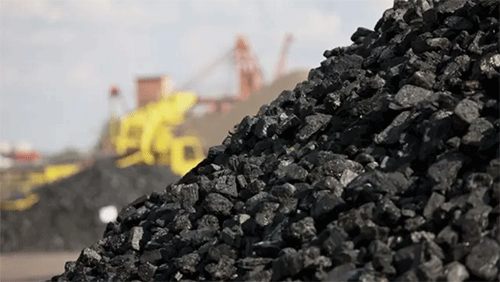JOHANNESBURG – South Africa’s coal-dependent economy could lose billions in export revenue and thousands of jobs as more countries and companies seek carbon-free imports, the Net Zero Tracker watchdog said yesterday.
Africa’s most industrialised nation is one of the largest polluters in the world.
It generates about 80% of its electricity through coal. This makes it “uniquely vulnerable” as companies decarbonise their supply chains and countries penalise carbon-intensive imports, according to the group, a collaboration of four non-profit organisations that tracks net zero pledges.
“78% of South Africa’s exports, worth US$135 billion, aretradedwith139jurisdictions which have net zero targets in place. Collectively, these exports support over 1.2 million domestic jobs,” the report said.
If the country fails to decarbonise its supply chains, it could lose some of that trade and related jobs, it said. The group said South Africa could avoid this scenario by phasing out coal more rapidly and positioning itself as a “strategic supplier in low-emission value chains”.
“South Africa has the tools to pivot – proven renewables potential, critical minerals and seats at global tables,” said Net Zero Tracker project lead John Lang. The report argued that South Africa was “well-positioned to become a key supplier of low-emission goods”.
One of the driving forces behind the decarbonisation push is the European Union’s Carbon Border Adjustment Mechanisms (CBAMs).
Adopted in 2022, the policy imposes a carbon price on imports of goods such as steel, aluminium and cement from countries with lower environmental standards.
A test period began in October 2023 before the law’s full entry into force in 2026.
The South African Reserve Bank has warned that carbon-based tariffs could reduce exports by up to 10% and that CBAMs alone could shrink exports to the European Union by 4% by 2030.
– Nampa/AFP


